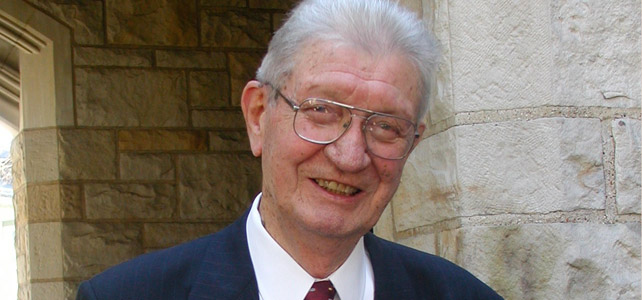Holy Thursday begins the Triduum—time set apart to reflect on the meaning of events from the Last Supper to the Resurrection, not only in the lives of Jesus and his disciples, but also in the Paschal Mystery unfolding in our lives.
Following the great tradition observed by generations of Christians, we gather to commemorate these events. But this year is different. We cannot gather. Our buildings are closed.
We are church
Covid-19 requires us to find new ways to “be church.” At its most basic, church is people, not buildings or doctrine or hierarchy. It is the people of God. And while the liturgies of Holy Week are beautiful sources of grace, we don’t need to be in a particular place or follow established rites to experience God-with-us.
In John’s gospel, at the last supper, Jesus promises his disciples that the Spirit will come and dwell within them. That Divine Presence, which lives within each of us, has animated all creation since the beginning: from the tiniest atoms to the furthest galaxies. The challenge of these days is to recognize that Presence in each moment, wherever we are.
While the supper is the setting in John’s gospel read today, the first Eucharist is not the centerpiece. It is the other events of that evening that John remembers. They move our souls with their intimacy and the love that soaks every moment.
During the meal, Jesus rises, ties a towel around his waist, fills a basin with water, and gets on his knees. He cradles his disciples’ dusty feet, washing and drying them one by one. When he’s finished, he asks if they understand what he’s done.
Not waiting for an answer, he tells them: If he, their master and teacher, washes their feet, then they should be ready to wash one another’s feet.
In this moment…
In this present moment, many are providing such physical acts of caring. Healthcare professionals, parents at home with small children, and those caring for sick family members serve the vulnerable. Farm laborers and grocery store workers keep food flowing to our tables. Sanitation workers and janitors keep our streets and buildings clean. Many find ways to feed the homeless and provide a place for them to sleep. The list is long.
This is a eucharist: the self, sacrificed out of love for another.
John also tells of Jesus giving a new commandment: “Just as I have loved you, you should also love one another.” He says it twice.
During this crisis, we share that love for one another by staying home; by venturing out only when necessary and keeping our distance when we do; by virtual visits instead of meeting face to face. For some, these actions mean loss of jobs and income. How can we show care for them now and when this time has passed?
Jesus reassures his disciples that they will not be forgotten or left alone. He prays for them and for those who will believe through their word: “…that they all may be one. As you, Father are in me and I am in you, may they also be in us…”
In the midst of self-isolation, we ensure that friends and family do not feel forgotten. We draw one another into the circle of oneness and love with calls, texts, and video chats. We check that they are ok, share a laugh or a story, and hold their grief at the loss of loved ones.
Then Jesus goes forward, endures betrayal, suffering, and death, showing the unfathomable depth of God’s love. His disciples spend their sabbath filled with confusion and fear. Then on the first day of the week, Jesus appears to Mary Magdalene. He instructs her to tell the others what she has seen and heard.
When Jesus appears to them all the following day, he greets them with “Peace,” and as promised, bestows the Spirit with a simple breath.
It is that Spirit who makes the present moment the place where we encounter God. We remember the risen Christ is with us. The indwelling Holy Presence abounds in the simple routines of everyday life. While we miss celebrating the Paschal Mysteries together, we are finding new ways to live them while apart.
That is why our churches are closed. At first glance, they appear empty. But really, they are filled with love.
© 2020 Mary van Balen
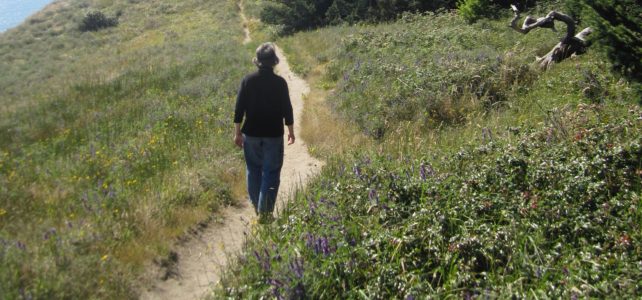
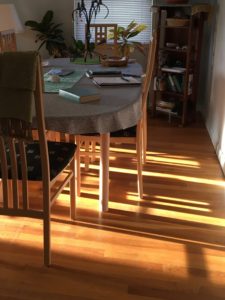

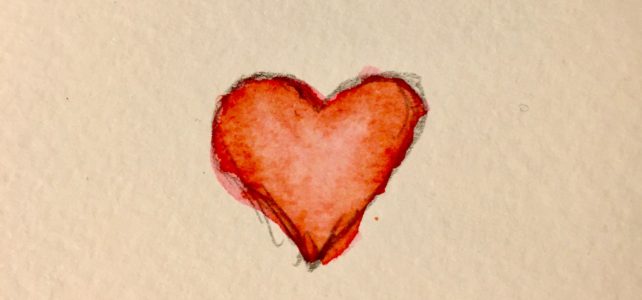
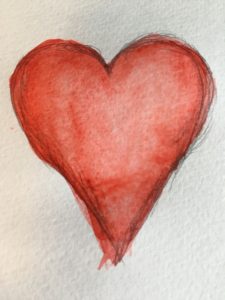
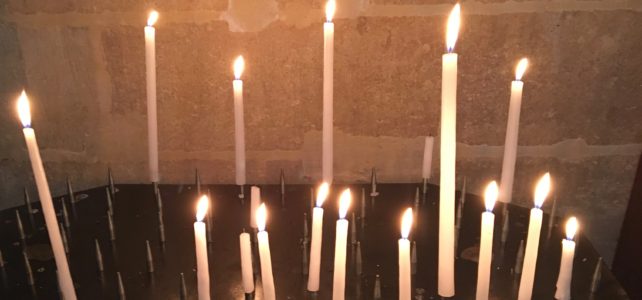
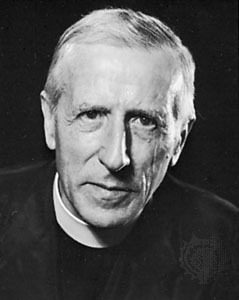
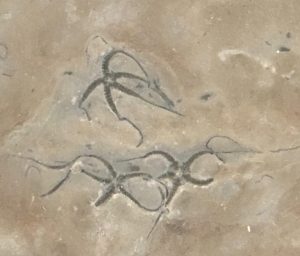

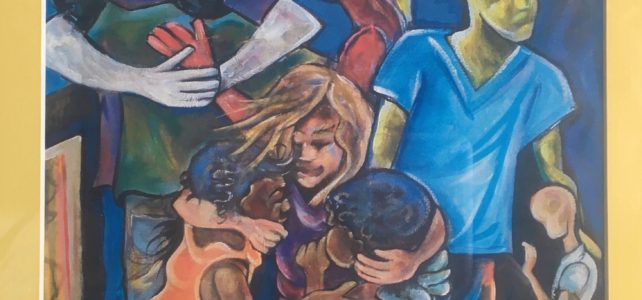
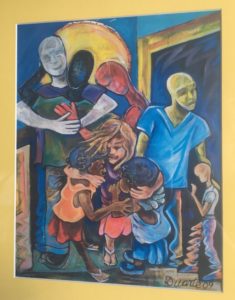
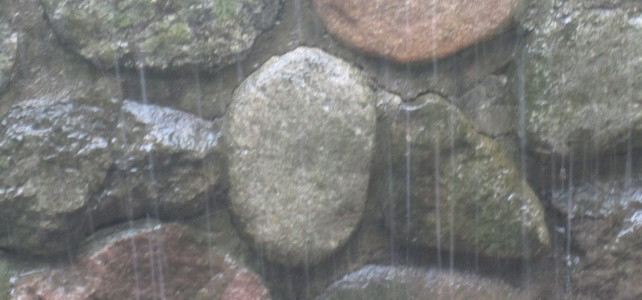
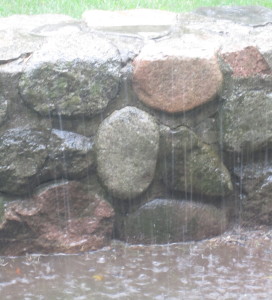

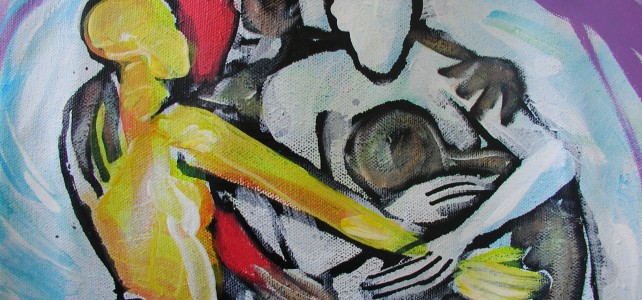
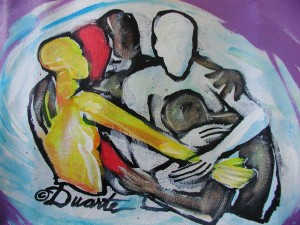
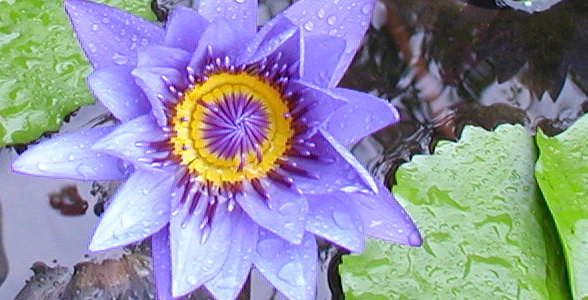
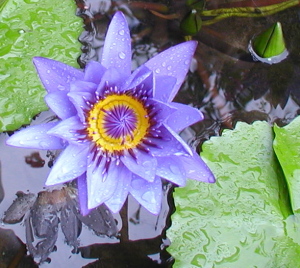
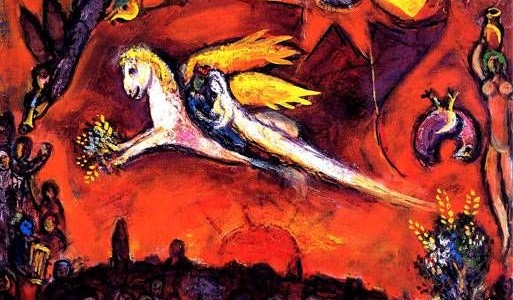
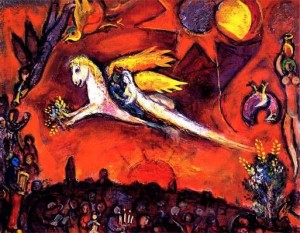
 I followed the labyrinth path with the stylus. This time, I arrived at the center. Either luck or I am better at paying attention. Still, as I sit with the candle burning and quiet surrounding me, I struggle to just “be” with God. Distractions continue. Great lines for a blog or an article or a letter to a publisher. At least they seem great at the moment. Reluctantly, I let them go, trusting if they are that good they will return after prayer time. Schedule. Not as much there as in the past. Mostly keeping up therapy and doctor appointments. Those are easier to ignore…I know they are written in my appointment book.
I followed the labyrinth path with the stylus. This time, I arrived at the center. Either luck or I am better at paying attention. Still, as I sit with the candle burning and quiet surrounding me, I struggle to just “be” with God. Distractions continue. Great lines for a blog or an article or a letter to a publisher. At least they seem great at the moment. Reluctantly, I let them go, trusting if they are that good they will return after prayer time. Schedule. Not as much there as in the past. Mostly keeping up therapy and doctor appointments. Those are easier to ignore…I know they are written in my appointment book.